-
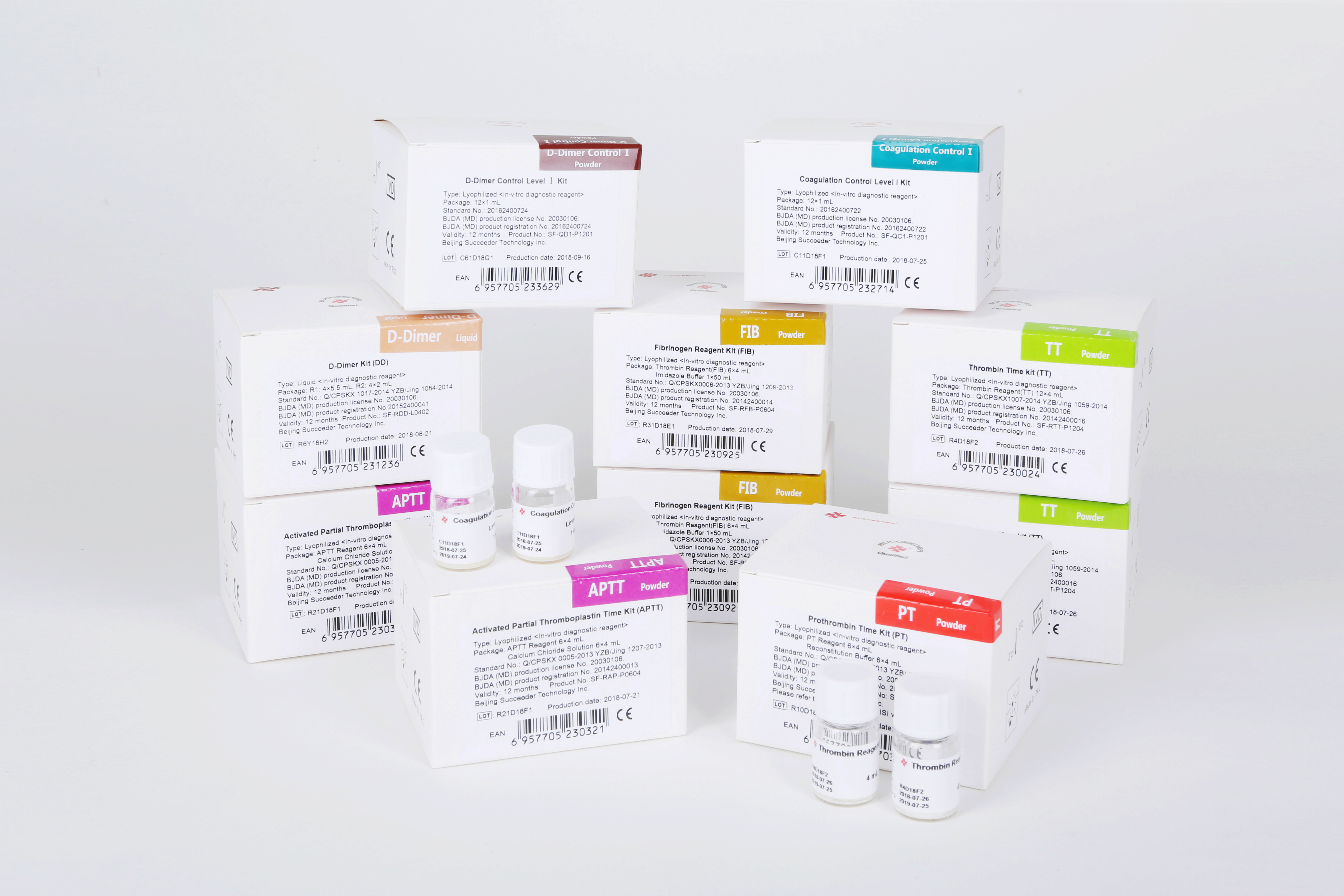
SUCCEEDER ESR Analyzer SD-1000, Part Three
SUCCEEDER ESR Analyzer SD-1000, is a medical equipment used to measure blood sink and pressure. When purchasing the device, you need to consider the following aspects: 1. Parameter requirements: According to the needs of different departments, you can choose equipment wi...Read more -
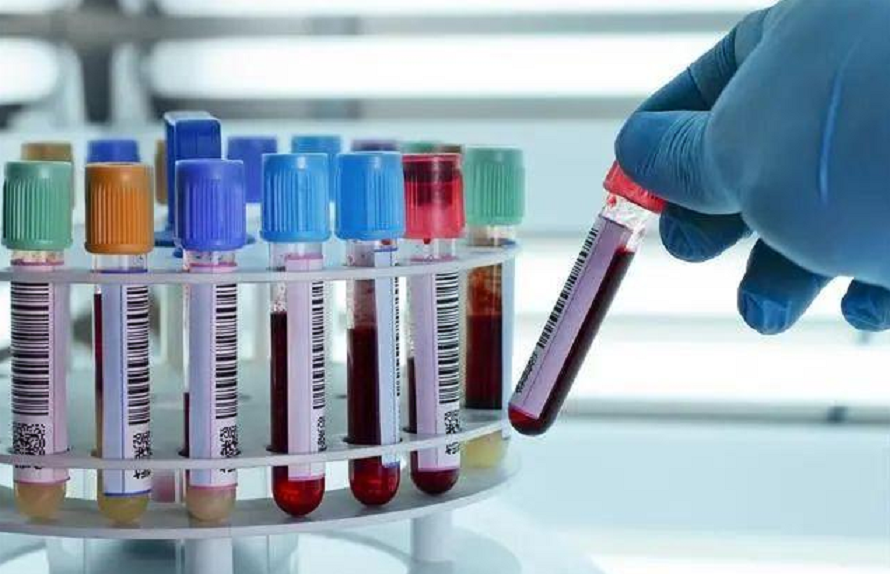
SUCCEEDER ESR Analyzer SD-1000, Part Two
The SD-1000 Tester of Sikhid's dynamic blood depression is a medical equipment used to measure blood sink and pressure. It has the following main functions: 1. Measurement of blood sink: Bloodlinking is a commonly used inflammatory indicator that can help doctors judge t...Read more -
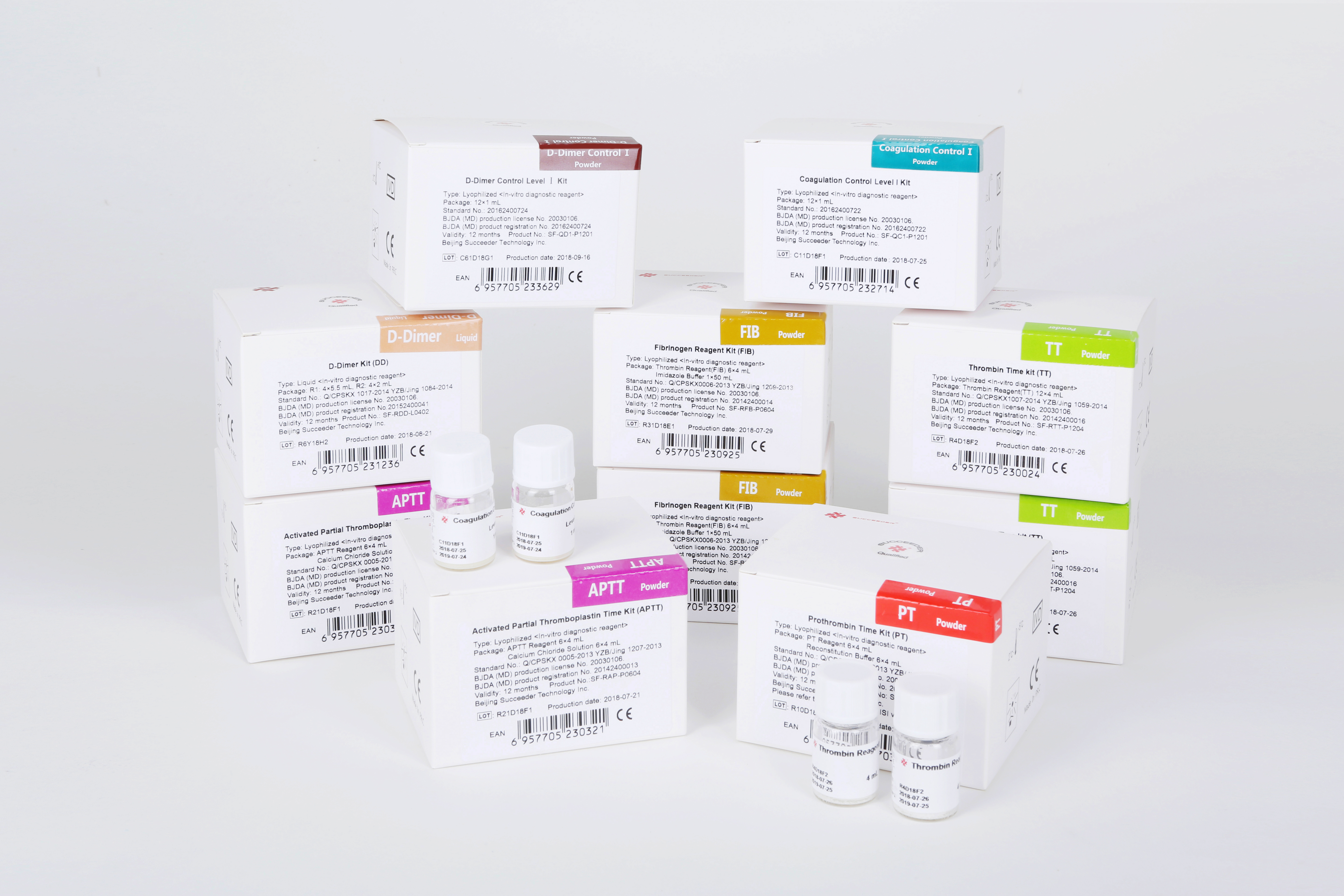
SUCCEEDER ESR Analyzer SD-1000, Part One
SUCCEEDER ESR Analyzer SD-1000, is a medical equipment for measuring red blood cell settlement and pressure accumulation in the blood. It uses advanced technology and design to provide accurate and reliable test results to help doctors perform disease diagnosis and treat...Read more -
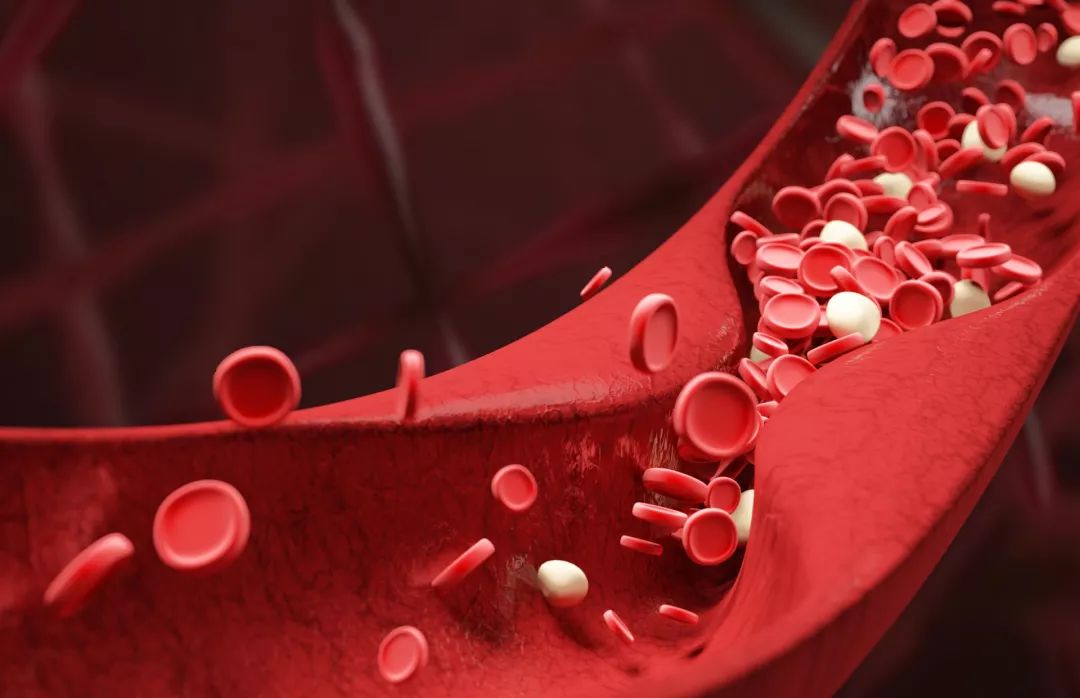
Does too thin blood make you tired?
Blood clotting is an important process that helps the body stop bleeding when injured. Coagulation is a complex process involving a series of chemicals and proteins that lead to the formation of a blood clot. However, when blood becomes too thin, it can cause a variety o...Read more -
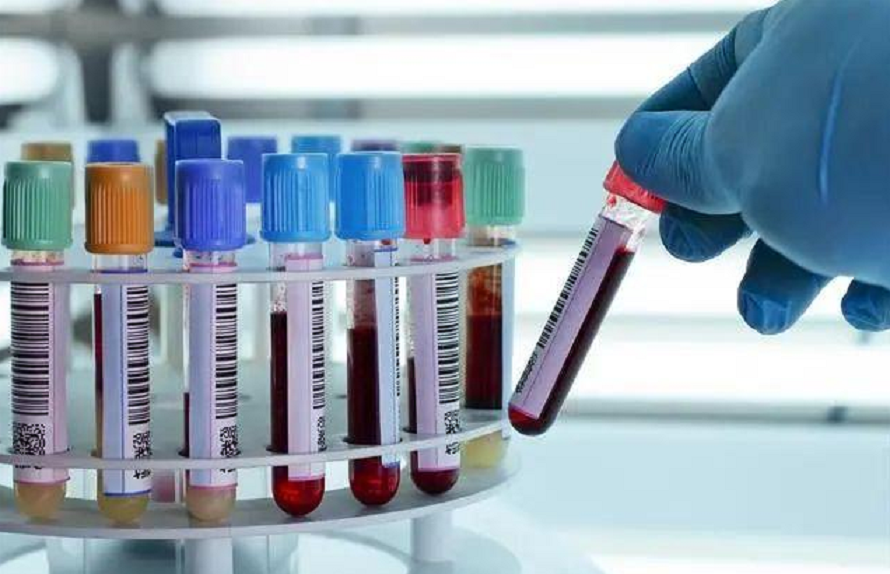
What are the types of hemorrhagic diseases that can be classified into?
There are various types of hemorrhagic diseases, which are mainly classified clinically based on their etiology and pathogenesis. It can be divided into vascular, platelet, coagulation factor abnormalities, etc. 1.Vascular: (1) Hereditary: hereditary telangiectasia, vasc...Read more -
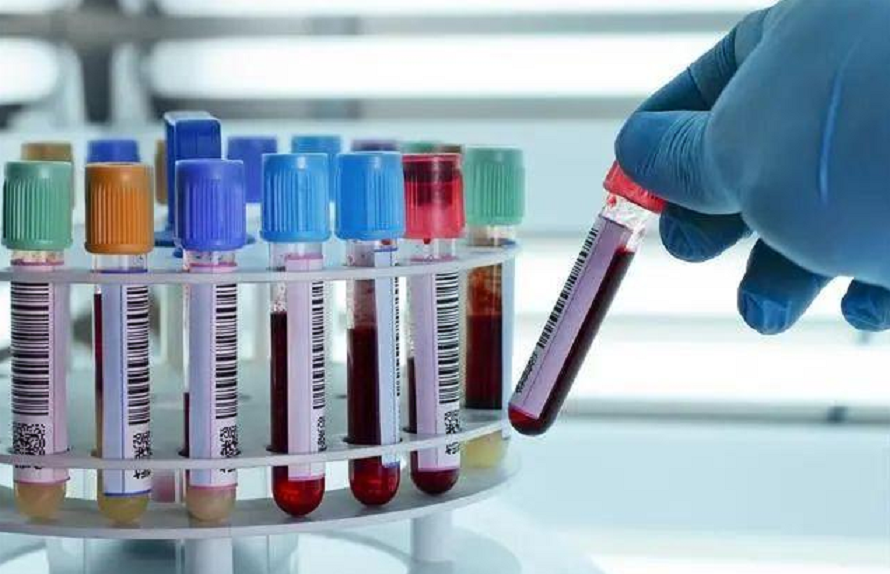
What is the most common bleeding disorder in adults?
Hemorrhagic diseases refer to diseases characterized by spontaneous or mild bleeding after injury due to genetic, congenital, and acquired factors that result in defects or abnormalities in hemostatic mechanisms such as blood vessels, platelets, anticoagulation, and fibr...Read more








 Business card
Business card Chinese WeChat
Chinese WeChat